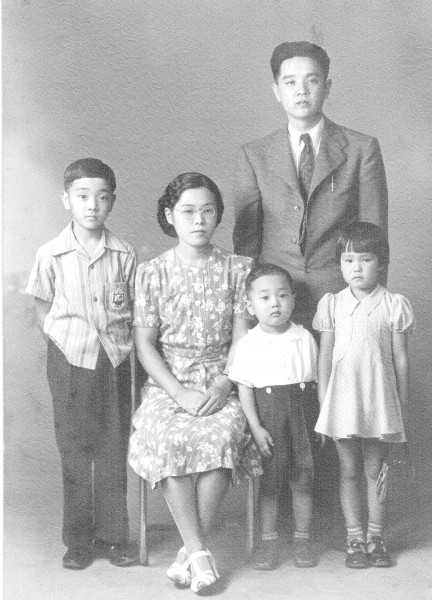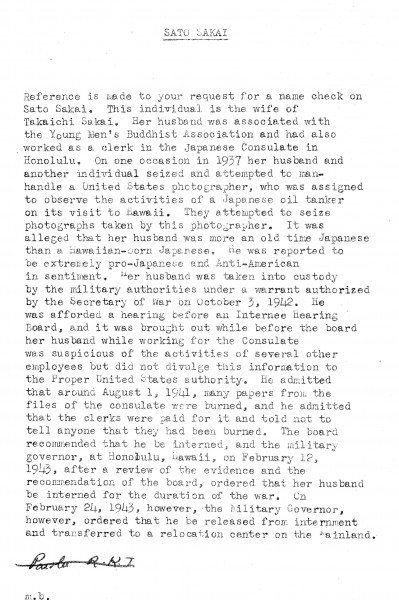 He burned sensitive files while working for a foreign government. He said that he was not willing to fight for the United States and would not give up his allegiance to a foreign power during a time of war. He renounced his American citizenship. Who was this enemy of the United States?
He burned sensitive files while working for a foreign government. He said that he was not willing to fight for the United States and would not give up his allegiance to a foreign power during a time of war. He renounced his American citizenship. Who was this enemy of the United States?
He was my grandfather on my dad’s side. Having died before I was born, he was and has always been an enigma to me. My Aunt doesn’t remember her father being anti-American. To her, he was a true patriot. Any suggestion otherwise doesn’t fit in with how she chooses to remember him.
Based on his actions though, most would call him a traitor. I want to believe, like my Aunt, that he was a “good” American and that he was forced to make decisions that only made him look disloyal.
Over the last six years, I have been doing research on my grandfather. Recently, a wonderful National Archives researcher helped me “find” his FBI file. In the documents, my grandfather finally had a chance to tell me what happened and why he made the decisions that he did. In this five-part series, I will use primary documents and my grandfather’s words as much as possible. Where needed, I will add historical context to help understand the story. In the end, I believe my Grandfather’s World War II experience is the All-American story of what happens when you “look” like the enemy.
My grandfather’s name was Takaichi Sakai. He was born on August 10, 1903 in Pahala, Hawaii. His father had immigrated from Japan during the late 1880s, making him a Nisei, or second generation Japanese American. He worked as a clerk for the Japanese consulate’s office until December 6, 1941.
The FBI Intelligence report I found in the National Archives in my grandmother’s file (Sato Sakai) laid out the case against my grandfather:
(That might be difficult to read, so let me transcribe it for you below)
August 11, 1942
Reference is made to your request for a name check on Sato Sakai. This individual is the wife of Takaichi Sakai. Her husband was associated with the Young Men’s Buddhist Association and has also worked as a clerk in the Japanese Consulate in Honolulu. On one occasion in 1937 her husband and another individual seized and attempted to manhandle a United States Photographer, who was assigned to observe the activities of a Japanese Oil tanker on its visit to Hawaii. They attempted to seize photographs taken by this photographer. It was alleged that her husband was more of an old time Japanese than a Hawaiian-born Japanese. He was reported to be extremely pro-Japanese and Anti-American in sentiment. Her husband was taken into custody by the military authorities under a warrant authorized by the Secretary of War on October 3, 1942. He was afforded a hearing before an Internee Hearing Board, and it was brought out while before the board that her husband while working for the consulate was suspicious of the activities of several other employees but did not divulge this information to the proper authority. He admitted that around August 1, 1941, many papers from the files of the consulate were burned, and he admitted that the clerks were paid for it and told not to tell anyone that they had been burned. The board recommended that he be interned, and the military governor, at Honolulu, Hawaii, on February 12, 1943, after a review of the evidence and the recommendation of the board, ordered that her husband be interned for the duration of the war. On February 24, 1943, however, the Military Governor ordered that he be released from internment and transferred to a relocation center on the Mainland. (Signed m.b.)
Unfortunately, my grandfather does not address any of these charges specifically in any of the documents I have found. However, in the FBI file, the FBI interrogated him and was unable to find anything against him:
In the end, it is difficult to say how much he did or didn’t know while working for the Japanese consulate. However, I believe that if they had any strong evidence of true espionage or treason against him, they would have happily convicted him in a real court of law.










